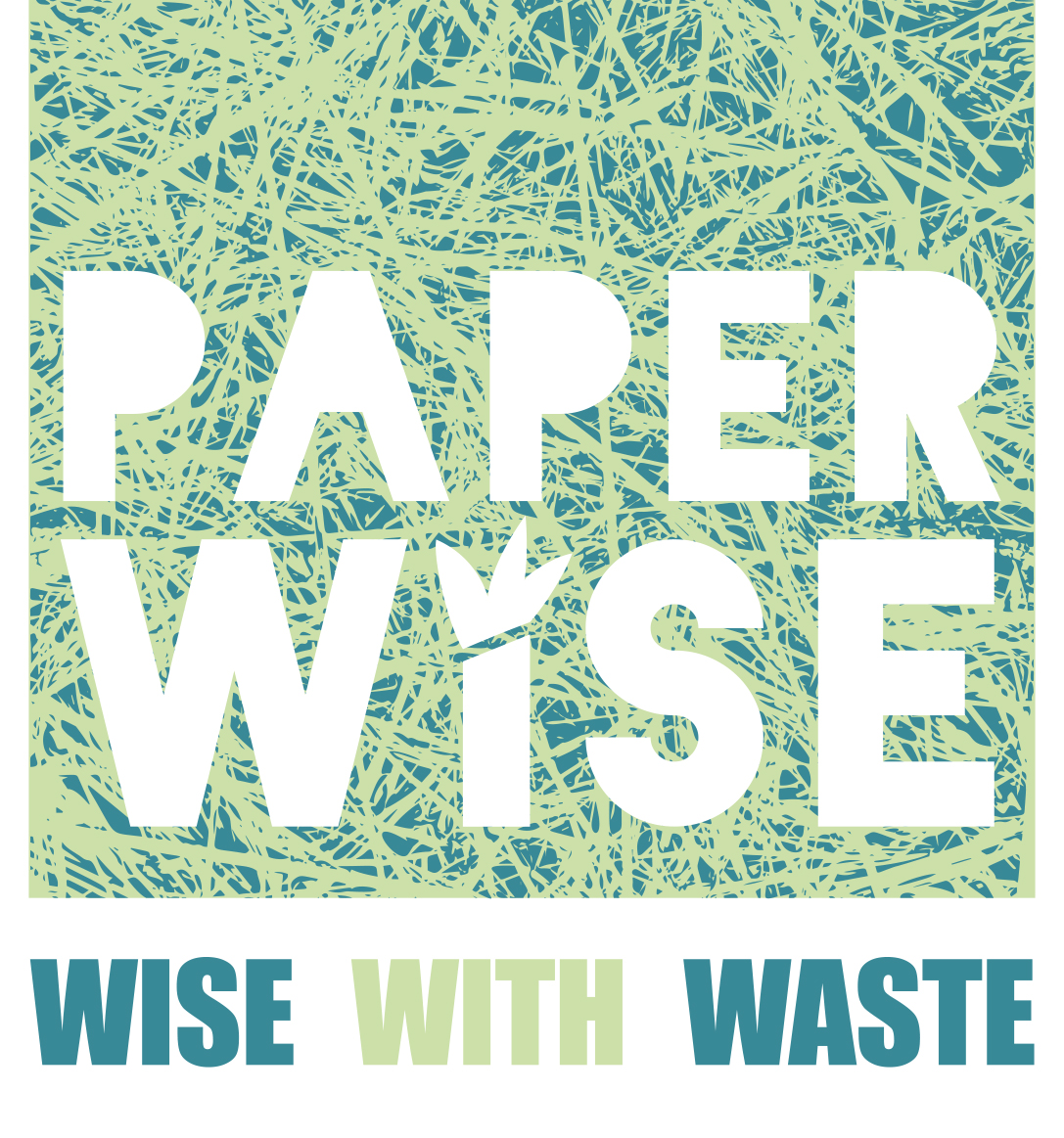

PaperWise

Limburg, Netherlands The
March 2024
Paper & paper products
Wholesale/Retail
Austria,
Belgium,
Bulgaria,
Croatia (Hrvatska),
Cyprus,
Czech Republic,
Denmark,
Estonia,
Finland,
France,
Germany,
Greece,
Hungary,
Ireland,
Italy,
Latvia,
Lithuania,
Luxembourg,
Malta,
Netherlands The,
Norway,
Poland,
Portugal,
Romania,
Slovakia,
Slovenia,
Spain,
Sweden,
Switzerland,
Turkey,
United Kingdom
As a Social Enterprise PaperWise wants to contribute positively to a better world and change the paper industry. We do this with CO2-neutral paper and board made from agricultural waste (plant residues) for packaging, printing and office supplies. We are inspired by the fact that nothing goes to waste in nature and upcycle (non-editable) stems and leaves into a valuable raw material for paper and board. The environmental impact of PaperWise is 47% lower than paper made from trees and 29% lower than recycled paper, helping PaperWise customers lowering their eco footprint. PaperWise; 1. Creates extra income for poor farmers by valorizing agricultural waste (Prosperity) 2. Prevents smog and CO₂ emissions by not burning agricultural waste in the open air (Clean air) 3. Is CO₂ neutral, efficient with land use and does not compete with food (Future-proof) 4. Puts an end to the unnecessary planting and felling of trees for paper (Biodiversity) 5. Upcycles agricultural waste – a secondary raw material- into paper; recyclable, compostable and food safe (Circular economy). As the world population continues to grow, agricultural waste is and will remain abundant (Continuity) 6. Connects people and companies and stimulate sustainability with co-branding (Partnerships)
Overall B Impact Score
Governance 15.3
Governance evaluates a company's overall mission, engagement around its social/environmental impact, ethics, and transparency. This section also evaluates the ability of a company to protect their mission and formally consider stakeholders in decision making through their corporate structure (e.g. benefit corporation) or corporate governing documents.
What is this? A company with an Impact Business Model is intentionally designed to create a specific positive outcome for one of its stakeholders - such as workers, community, environment, or customers.
Workers 28.3
Workers evaluates a company’s contributions to its employees’ financial security, health & safety, wellness, career development, and engagement & satisfaction. In addition, this section recognizes business models designed to benefit workers, such as companies that are at least 40% owned by non-executive employees and those that have workforce development programs to support individuals with barriers to employment.
Community 22.4
Community evaluates a company’s engagement with and impact on the communities in which it operates, hires from, and sources from. Topics include diversity, equity & inclusion, economic impact, civic engagement, charitable giving, and supply chain management. In addition, this section recognizes business models that are designed to address specific community-oriented problems, such as poverty alleviation through fair trade sourcing or distribution via microenterprises, producer cooperative models, locally focused economic development, and formal charitable giving commitments.
Environment 32.7
Environment evaluates a company’s overall environmental management practices as well as its impact on the air, climate, water, land, and biodiversity. This includes the direct impact of a company’s operations and, when applicable its supply chain and distribution channels. This section also recognizes companies with environmentally innovative production processes and those that sell products or services that have a positive environmental impact. Some examples might include products and services that create renewable energy, reduce consumption or waste, conserve land or wildlife, provide less toxic alternatives to the market, or educate people about environmental problems.
What is this? A company with an Impact Business Model is intentionally designed to create a specific positive outcome for one of its stakeholders - such as workers, community, environment, or customers.
Customers 1.3
Customers evaluates a company’s stewardship of its customers through the quality of its products and services, ethical marketing, data privacy and security, and feedback channels. In addition, this section recognizes products or services that are designed to address a particular social problem for or through its customers, such as health or educational products, arts & media products, serving underserved customers/clients, and services that improve the social impact of other businesses or organizations.